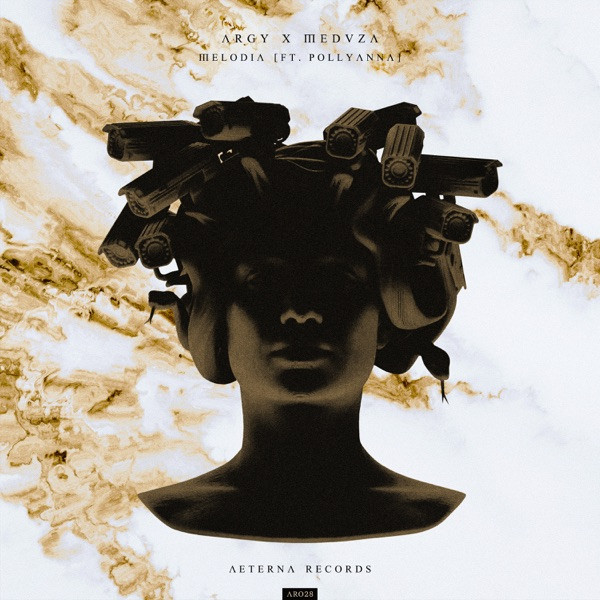
Sheena Easton, the voice that defined the ’80s with hits like “9 to 5 (Morning Train)” and “Strut,” reveals why she chose to step away from fame and the fast-paced music world. After two Grammys and global success, the singer explains that she was looking for “something more than glory” — a life built on balance, family, and freedom
Sheena Easton once lived a life filled with spotlights, flashing cameras, and roaring crowds. Now, she wakes up to something far quieter — mornings at home, coffee without chaos, and the kind of peace that fame could never buy. The Scottish pop icon of the 1980s, known for timeless hits like “9 to 5 (Morning Train)” and “Strut,” has finally opened up about why she decided to step away from music after decades of success, two Grammy Awards, and collaborations with legends like Prince and Kenny Rogers. Her reason is simple but deeply human: she wanted something more than fame.
In a rare and reflective interview with The New York Times, the 66-year-old singer looked back on her whirlwind rise and her choice to walk away while she was still on top. “I had an amazing run,” she said. “But I didn’t want to wake up at 60 and realize my whole life had been a tour bus and television appearances. I needed something more meaningful.” Her words reveal a quiet wisdom — the realization that success, while intoxicating, can become a kind of golden cage.
Easton’s journey to stardom began almost accidentally. Discovered through a BBC documentary about aspiring musicians, she went from a young unknown in Scotland to an international phenomenon within months. Her breakout single “9 to 5 (Morning Train)” shot to No. 1 on the charts in 1981, making her a household name on both sides of the Atlantic. A few years later, she caught the attention of Prince, who wrote and produced the sultry “Sugar Walls” and teamed up with her on the hit duet “U Got the Look.” By her mid-twenties, Sheena Easton had become one of the most recognizable voices of the decade — a polished pop powerhouse with seven Top 10 U.S. singles and a career that seemed unstoppable.
But behind the sequins and soundchecks, she was already questioning the cost of the spotlight. “It was wonderful,” she said, “but I never wanted to believe that was real life. Fame is beautiful, but it’s like living in a fairy tale that can’t last forever.” Those who knew her at the time describe a driven but grounded artist — someone who enjoyed success but never lost sight of who she was offstage.
By the 1990s, Easton began to reinvent herself. She moved to Broadway, starring in Man of La Mancha in 1992, before gradually shifting her focus toward motherhood and balance. She adopted two children, Jake and Skylar, and relocated from Los Angeles to Las Vegas. For two and a half years, she performed in a residency show — eight performances a week — but on her own terms. “It was perfect,” she said with a laugh. “The kids were asleep when I went to work.” It was a slower rhythm, a far cry from the relentless touring schedule of her pop-star days.
Her final studio album came out in 2000. Since then, Easton has resisted the temptation to stage a full-scale comeback, despite numerous offers. “It was easier than I thought not to go back,” she admitted. “I didn’t miss it.” Instead, she devoted her time to raising her children and pursuing creative projects that didn’t demand constant exposure. For an artist once defined by global fame, the decision to disappear was radical — but freeing.
Even so, Easton hasn’t cut music out of her life completely. She performs a handful of intimate shows each year — small, curated events for longtime fans who grew up with her music. “I’m not everywhere anymore, and that’s the best part,” she said. “It gives me the freedom to live a normal life 99 percent of the time. I don’t need to be on every screen to feel relevant.”
These days, she talks about her career with gratitude, not nostalgia. “I don’t miss the chaos,” she explained. “I lived the life of a pop star, and I don’t need to live it again.” Her calm tone carries no regret — just the peace of someone who learned when to step off the carousel. Where many artists chase comebacks to recapture past glory, Easton chose the opposite: to preserve her legacy by knowing when to pause.
The singer’s impact, however, remains undeniable. She was one of the few female artists in the 1980s who successfully crossed from the U.K. to the U.S. charts, breaking ground for future British pop stars. Her expressive voice — equal parts elegance and power — helped shape the sound of an era and gave pop music a new sense of sophistication. Today, artists like Dua Lipa, Adele, and Lady Gaga cite Easton’s mix of confidence and vulnerability as an influence. She showed that women in pop could be both glamorous and grounded, sensual and self-defined.
Her legacy is also being celebrated in new ways. EMI is preparing to release deluxe reissues of Modern Girl and Strut, curated collections that capture the full scope of her discography and highlight her evolution from fresh-faced newcomer to seasoned performer. The renewed attention has introduced her to a new generation discovering ’80s music through streaming — a generation fascinated by the authenticity she represents.
Despite the revival of interest, Easton has no desire to return to fame’s fast lane. Her priorities are clear: family, health, and quiet joy. “I’m open to creative things,” she said, “but not the madness of the industry. I’ve done that life. I don’t need to do it again.” It’s the kind of clarity that only comes from having lived both sides of success — the dazzling highs and the exhausting lows.
For someone who once seemed unstoppable, Sheena Easton now defines success on her own terms. She speaks lovingly about her children, the quiet mornings in Las Vegas, and the simple pleasure of being recognized not for who she used to be, but for the choices she made. “I don’t feel nostalgic,” she said softly. “I just feel grateful. I knew I had to step off that carousel before it spun too fast.”
Her story stands as a gentle reminder that true success isn’t measured by applause but by peace of mind. Sheena Easton may have stepped away from the charts, but she never stopped inspiring — a woman who understood that leaving the spotlight doesn’t mean losing your light. Instead, she continues to shine in her own way: quietly, gracefully, and completely on her own terms.





